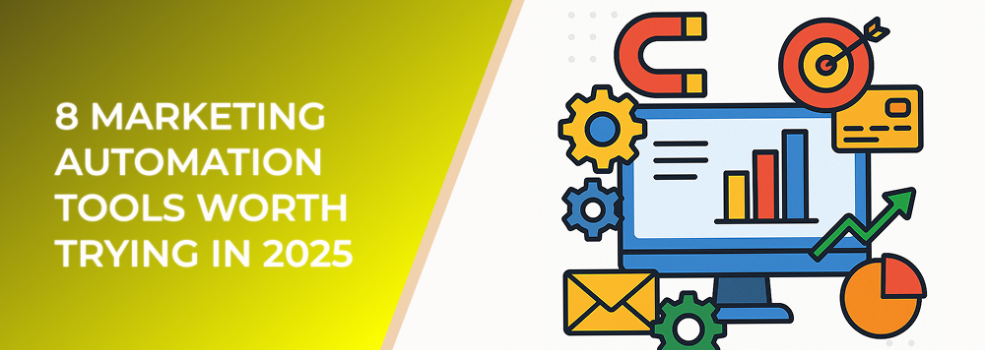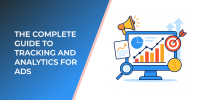This article explores eight standout platforms helping marketers streamline campaigns and achieve measurable results.
The Rise of Marketing Automation in 2025

Usage of automation tools by department: 79 % marketing, 45 % sales, 33 % finance
In 2025, automation continues to reshape the way marketers operate. According to HubSpot, 76% of companies already use automation tools, and that number is projected to surpass 85% by the end of the year. The demand for smarter, AI-driven solutions is transforming everything from lead scoring to customer nurturing.
With tighter budgets and higher expectations for personalization, marketers are seeking tools that not only automate repetitive tasks but also improve efficiency and drive growth.
1. HubSpot Marketing Hub
A comprehensive platform that offers email marketing, CRM integration, and automated workflows. HubSpot remains a favorite for small to mid-sized businesses seeking an all-in-one solution.
Key feature: Built-in analytics dashboards for performance tracking.
2. ActiveCampaign
Recognized for its robust email automation and customer experience tools, ActiveCampaign enables marketers to design complex journeys tailored to behavior and engagement levels.
Statistic: Companies using behavior-based automation see a 50% higher conversion rate compared to static campaigns.
3. Mailchimp
Mailchimp continues to be a go-to for easy automation setup and multi-channel integration. With predictive segmentation, marketers can forecast engagement likelihood and personalize accordingly.
Key feature: AI-powered product recommendations for e-commerce.
4. Marketo Engage
Marketo, part of Adobe Experience Cloud, is known for advanced lead scoring and detailed attribution reporting, making it ideal for enterprise-scale marketing teams.
Statistic: Businesses using advanced lead scoring report 28% higher sales productivity.
5. Salesforce Marketing Cloud
A premium solution offering deep customer journey mapping, omnichannel communication, and predictive insights. It integrates seamlessly with Salesforce CRM for data-driven personalization.
Key feature: AI-driven recommendations through Einstein AI.
6. Omnisend
Especially strong in e-commerce automation, Omnisend unites email, SMS, and push notifications in one intuitive platform. Automated cart recovery and customer re-engagement flows help boost retention.
Statistic: Automated welcome series can increase revenue by up to 320% compared to single-send emails.
7. Zapier
While not a marketing tool itself, Zapier is the glue connecting thousands of apps, allowing marketers to automate processes across platforms without coding. It’s perfect for saving time on repetitive admin work.
Key feature: Seamless cross-app automation for CRMs, ad tools, and email platforms.
8. Customer.io
Designed for data-driven teams, Customer.io empowers marketers to send automated messages triggered by in-app or user behavior. It’s popular with SaaS brands looking to nurture active users.
Key feature: Event-based automation and robust API access.
Why Automation Matters Now More Than Ever

Average ROI from marketing automation: $5.44 returned for every $1 invested
The marketing landscape is more data-intensive than ever. With global ad spend projected to reach $1 trillion in 2025, automation helps teams maintain agility and precision. Whether you’re managing a startup funnel or scaling a global brand, automation enables marketers to do more—with less.
Further Reading
To expand your understanding of audience targeting and campaign optimization, check out these related articles:
-
Using Data to Build Smarter Audiences in 2025
-
How Predictive Targeting Is Changing Digital Campaigns
-
Building Custom Audiences That Actually Convert
Automation isn’t just about saving time; it’s about empowering creativity and strategy. In 2025, the marketers who embrace it will lead the conversation—and the conversions.

